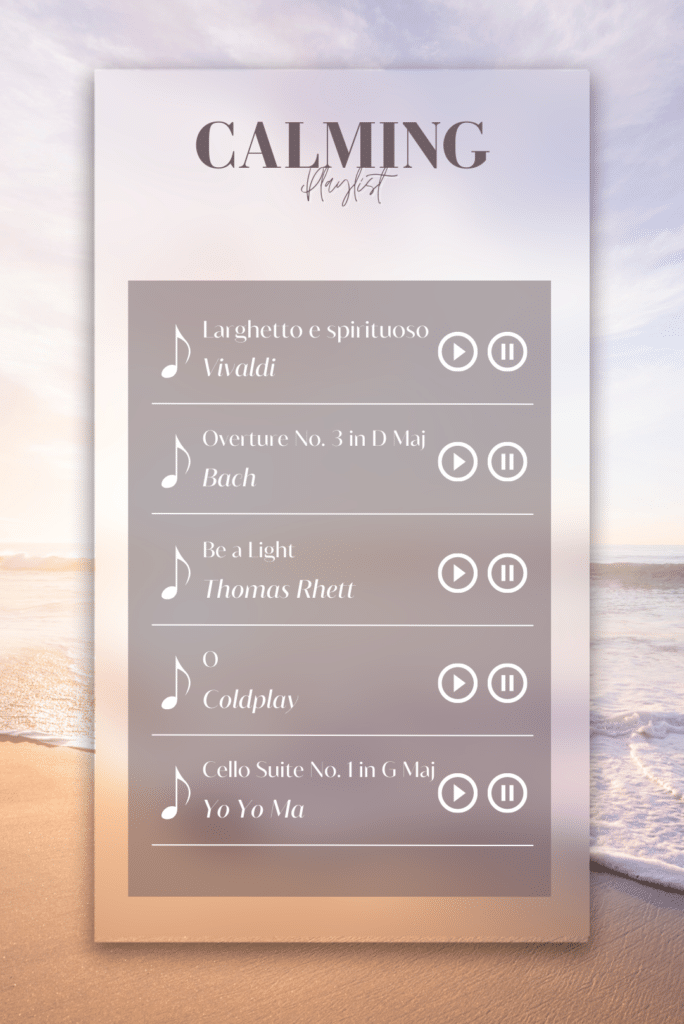Children with ADHD struggle to focus on tasks. Thankfully, there is an easy-to-access solution to help with this challenge.
Music can increase the focus of a child with ADHD. Listening to calming music at home or school is an effective, low-cost solution to this problem.
ADHD Strengths and Struggles
Kids with ADHD have incredible strengths.
In a position where they must build resilience, they are often creative, divergent thinkers, great problem solvers, highly compassionate, and have great senses of humor (ADDitude editors, 2020).
Having an atypical brain also brings challenges. As parents, caregivers, and teachers, we need solutions that build on these strengths while being accessible and affordable.
A safe music streaming service fits the bill.
Children with ADHD are at higher risk of dropping out of school, abusing drugs and alcohol, and being unemployed during young adulthood.
High Stakes Require Timely Solutions
Children with ADHD are at higher risk of dropping out of school, abusing drugs and alcohol, and being unemployed during young adulthood.
While stimulant medications have been found to often increase focus, medication is most helpful when accompanied by behavioral interventions (Madjar et al., 2020, p. 1).
Having access to music through a safe streaming service can help mitigate the challenges these kids face when it comes to homework.
This seems too simple, but extensive research in this field suggests that music can help these young people focus.

An Ideal Environment for ADHD: Music Improves Focus
Facing assignments not completed in class in addition to homework can cause children to feel anxious and often resistant to getting started.
Listening to music while studying was once considered another distraction to an already overstimulated mind, but current research suggests that background music can actually help children with ADHD focus more on their studies (Madjar et al., 2020; Kasuya-Ueba et al., 2020).
Music can help in the following ways:
Listening to soft music, just above the hearing threshold, has been shown to increase reading comprehension and math scores for children with ADHD (Madjar et al., 2020; Parker, 2020).
Listening to soft music has been shown to increase reading and math scores for children with ADHD.
This trend can be explained through what scientists call the optimal stimulation theory.
At the right level, stimuli can occupy the brain enough to regulate the prefrontal and parietal cortices without distracting a person from the task at hand.
In other words, kids with ADHD can use music to muffle distractions, resulting in an increased attention span (Parker, 2020, p. 122).

Study Music Recommendations for ADHD
Calm music seems to be more helpful than energetic or exciting music (Madjar et al., 2020, p. 4).
This type of music strikes a balance between providing a light stimulus that regulates children’s focus without being so intrusive that it results in distraction (Parker, 2020, p. 122).
This article provides some great classical options that researchers recommend. Music without lyrics seems to provide more support.
Many children with ADHD can hone in on a task when they have access to nature soundscapes (Drake, 2021), all readily available through the technology of a safe music streaming service.

Since every child is unique, creating a customized playlist from a safe streaming service can be something you do together.
Try out some different options and create a playlist together!

The sweet timbre of “Yo-Yo Ma Plays Ennio Morricone” might be best for one child while Enya’s “A Day Without Rain” is better for another.
Age, gender, school experiences, and interest in music all play a part in determining how beneficial streaming music can be for kids.
Music can help with focus at school
Parents, teachers, and administrators are united in their desire for a child to succeed. Don’t hesitate to approach your student’s support system at school and discuss accommodations.

